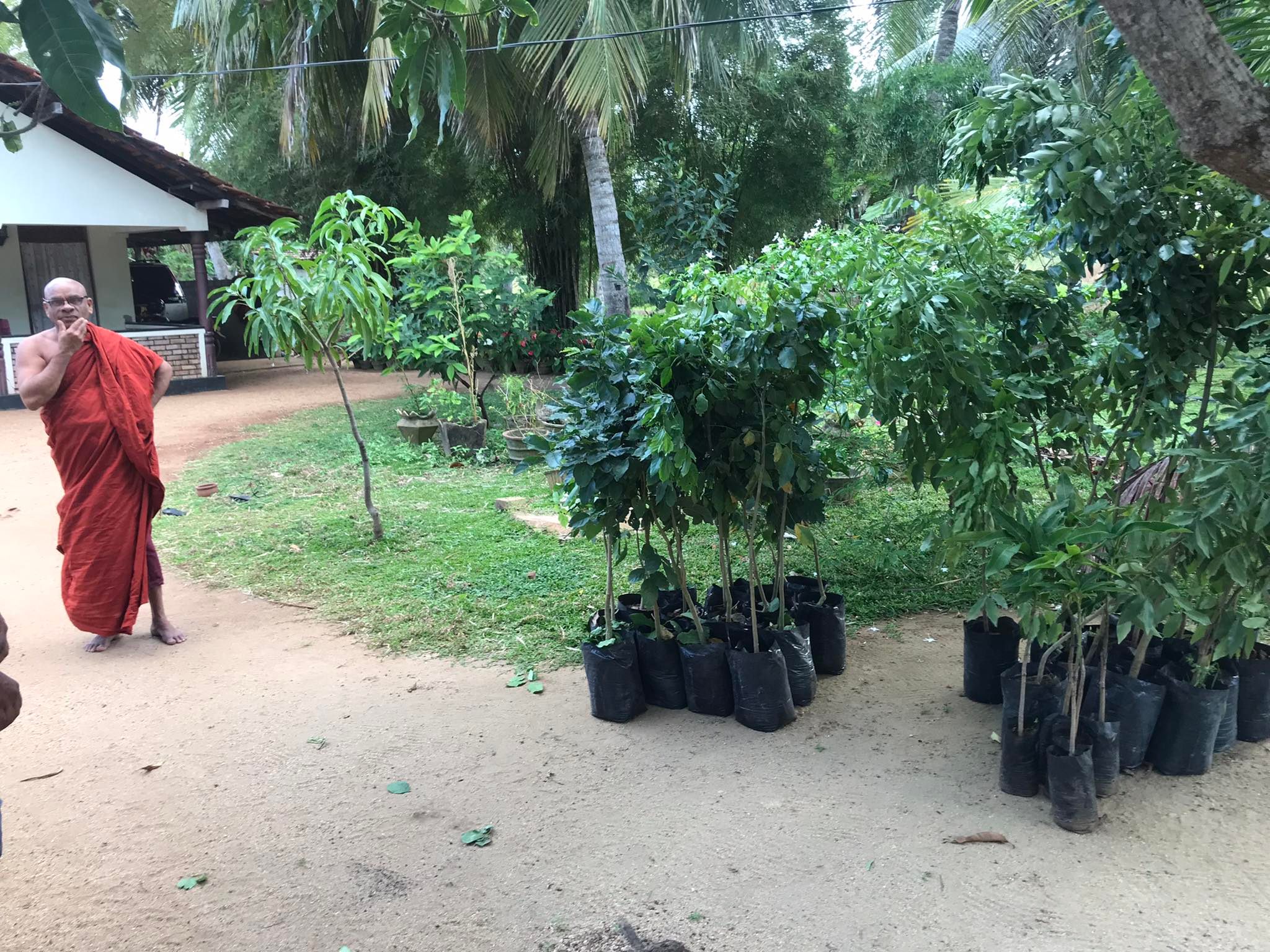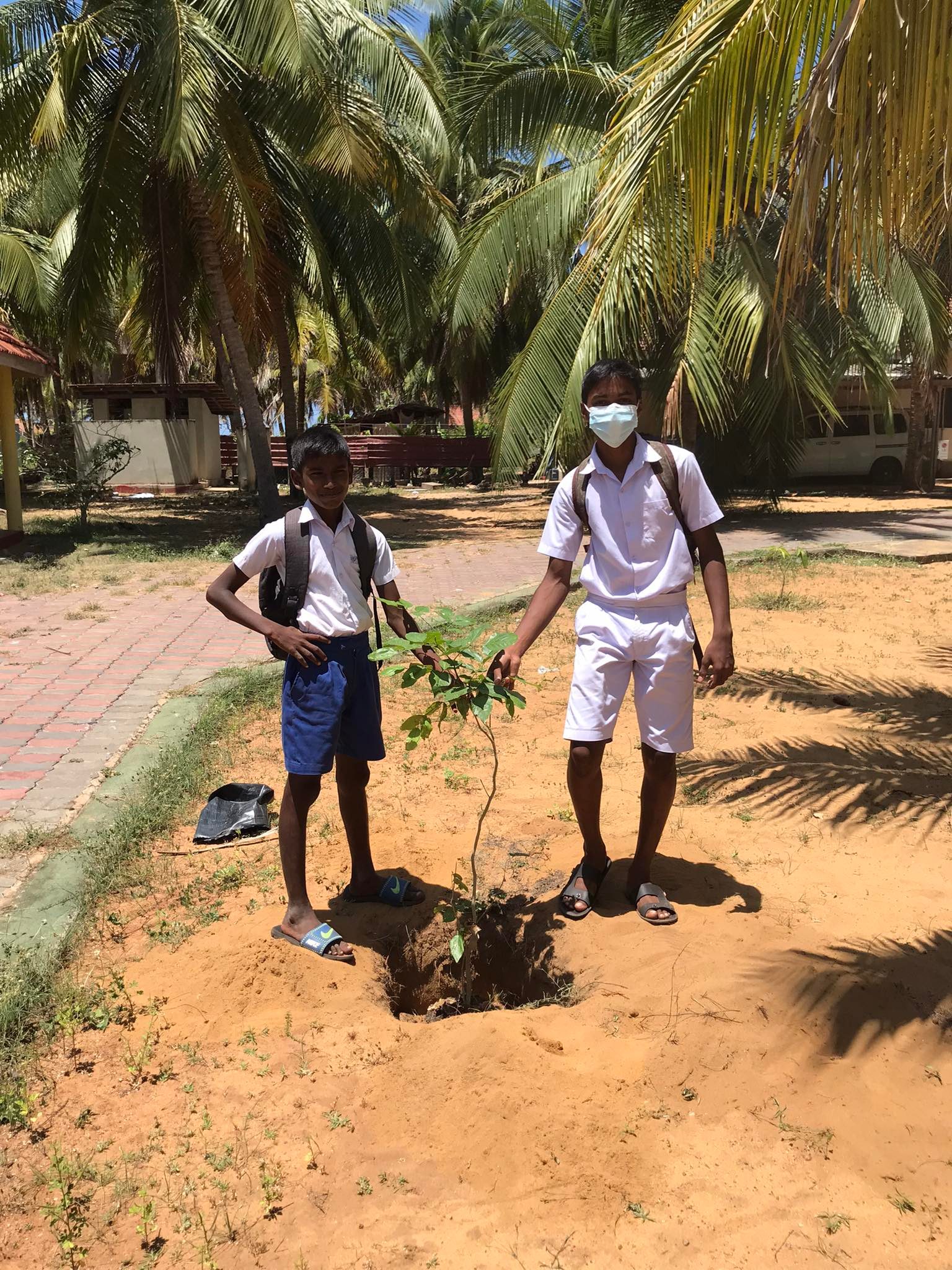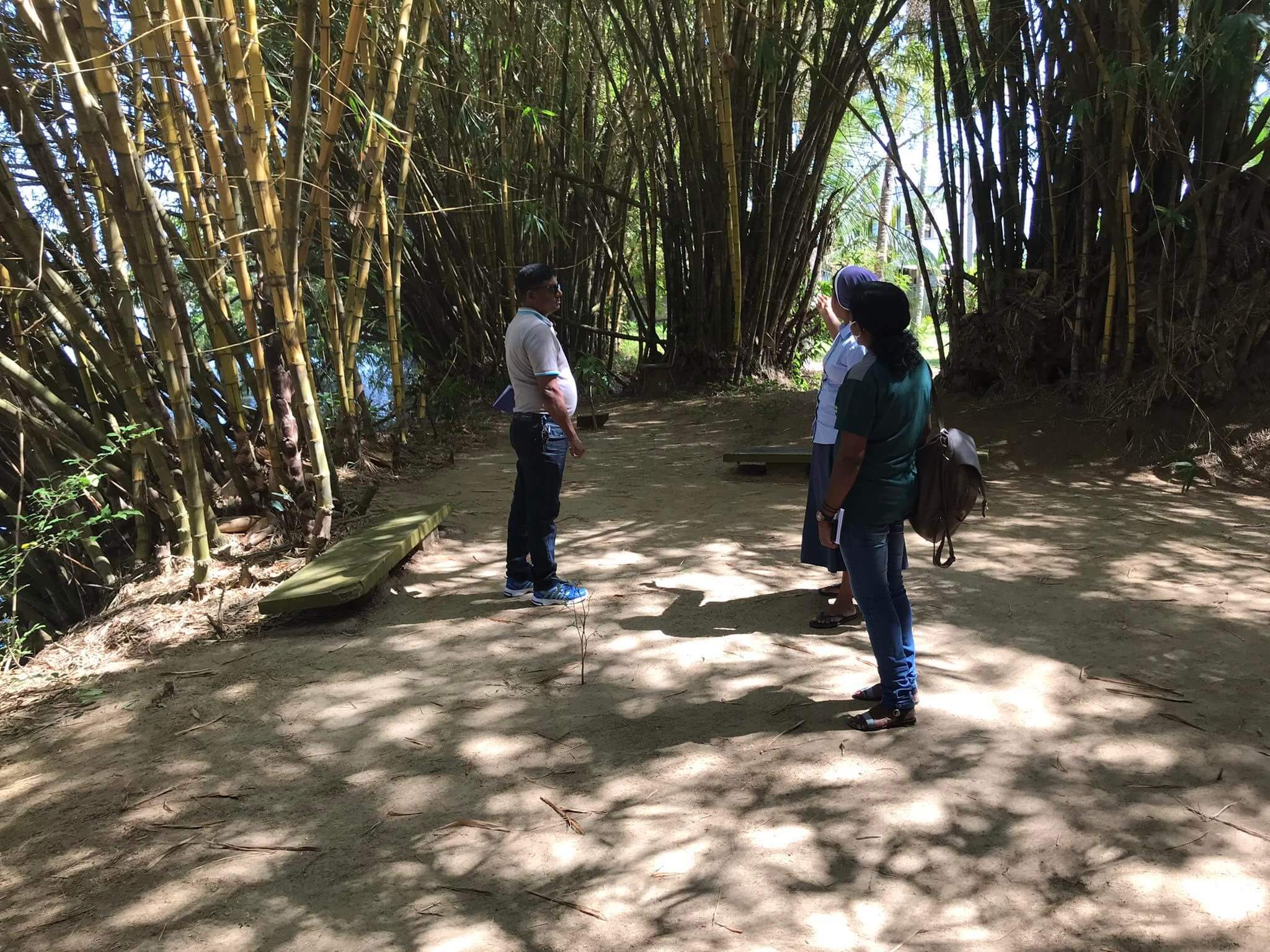Home A Green Breathing Hope for Sri Lanka
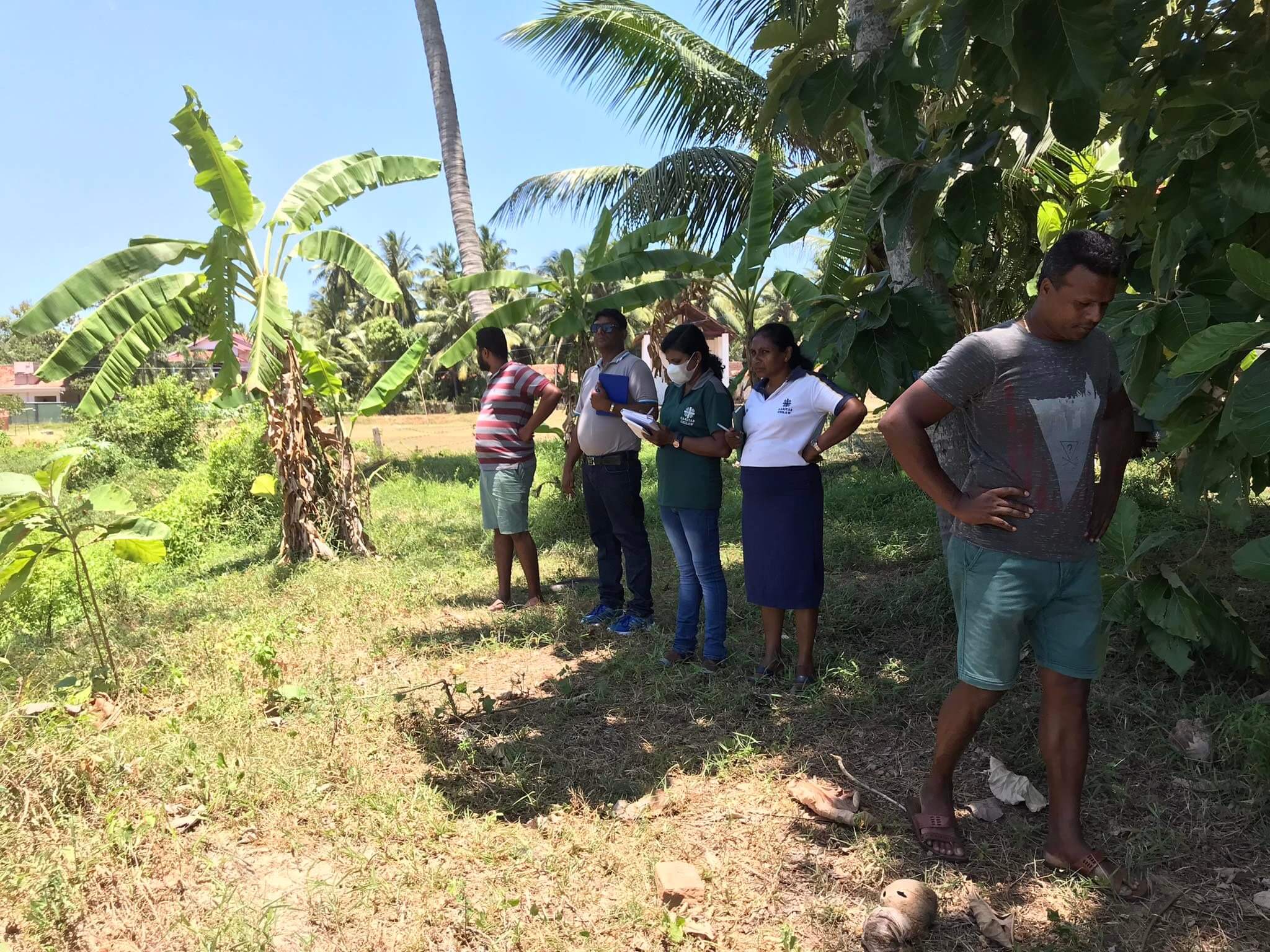
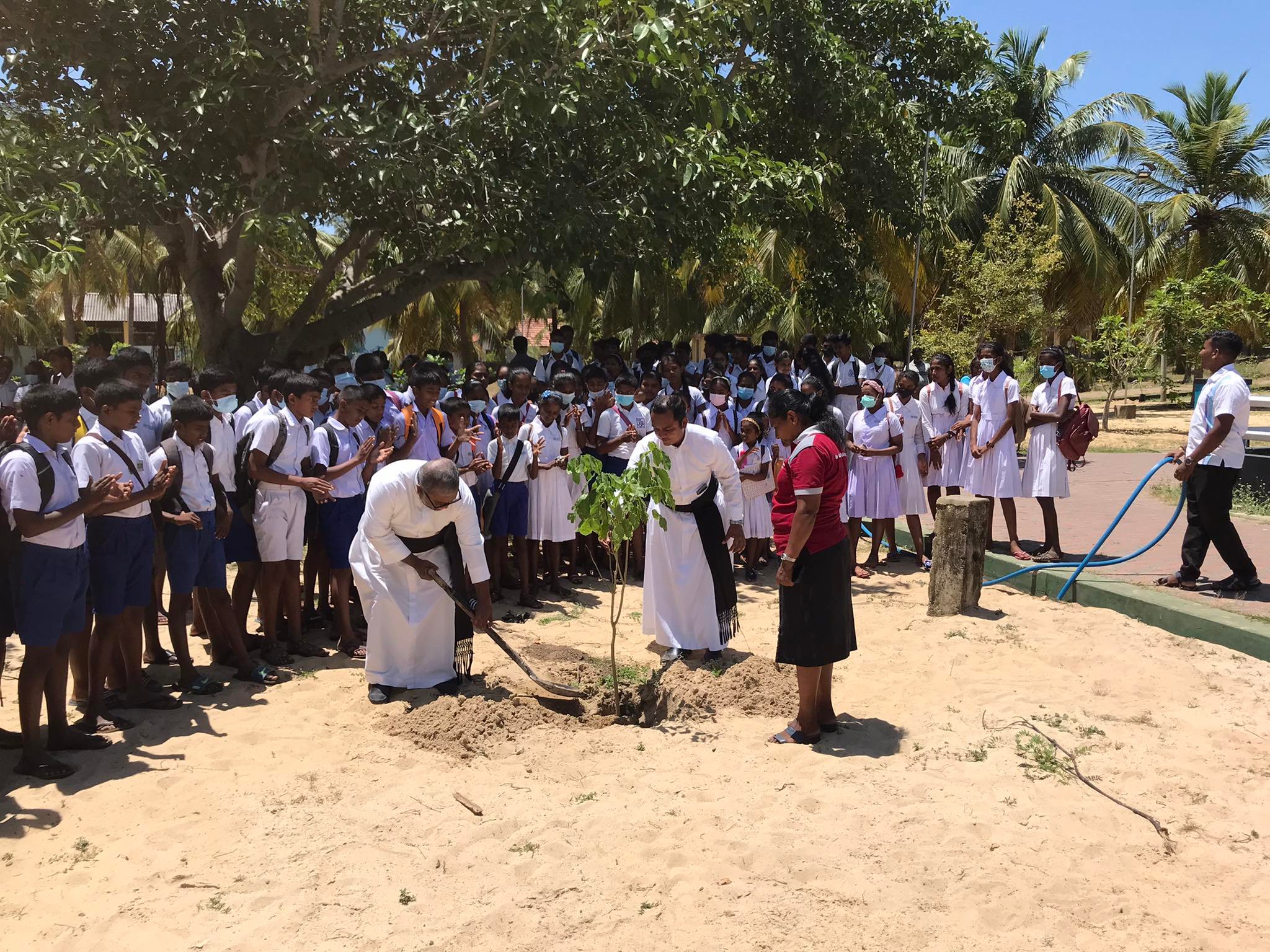
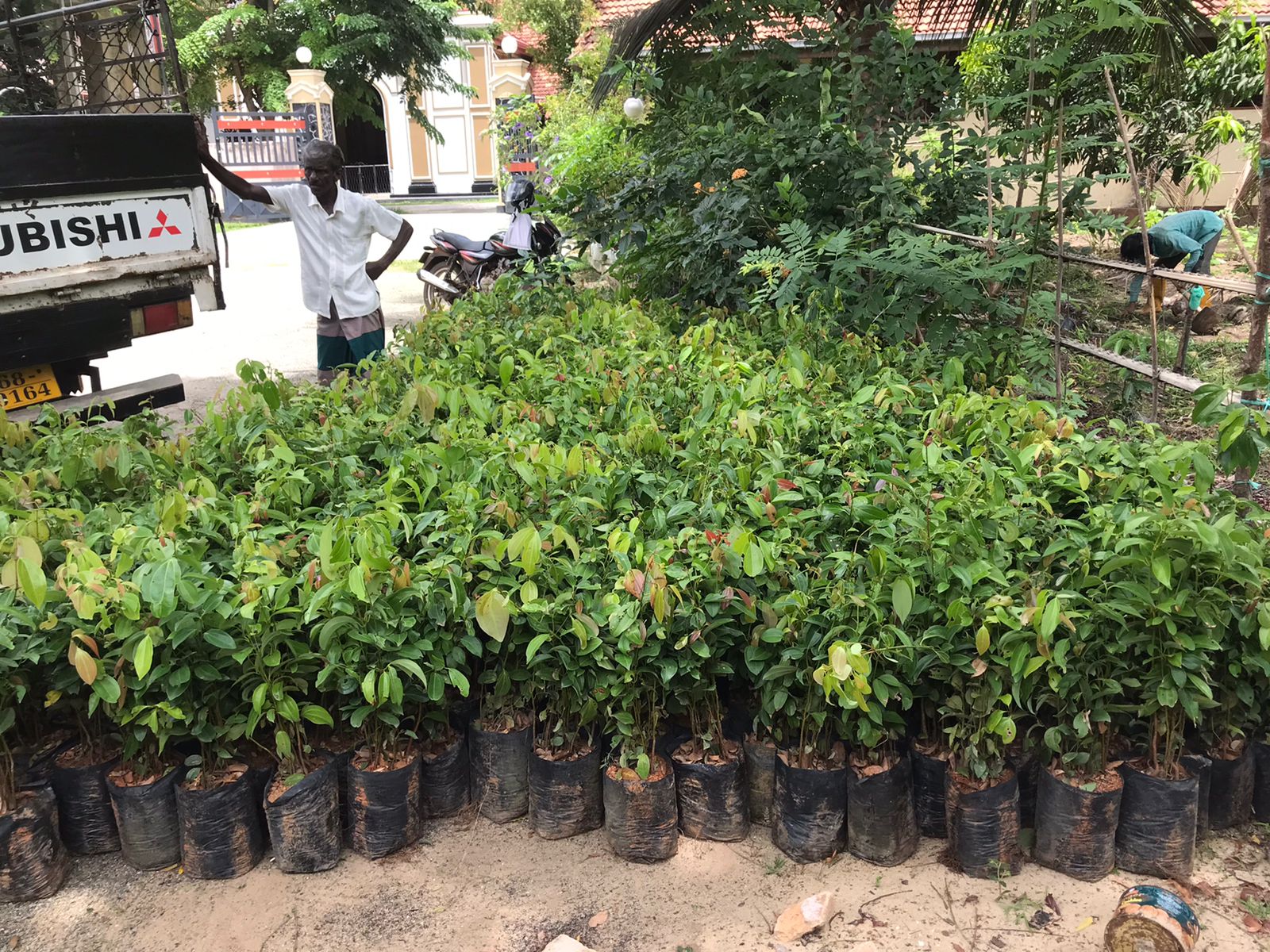
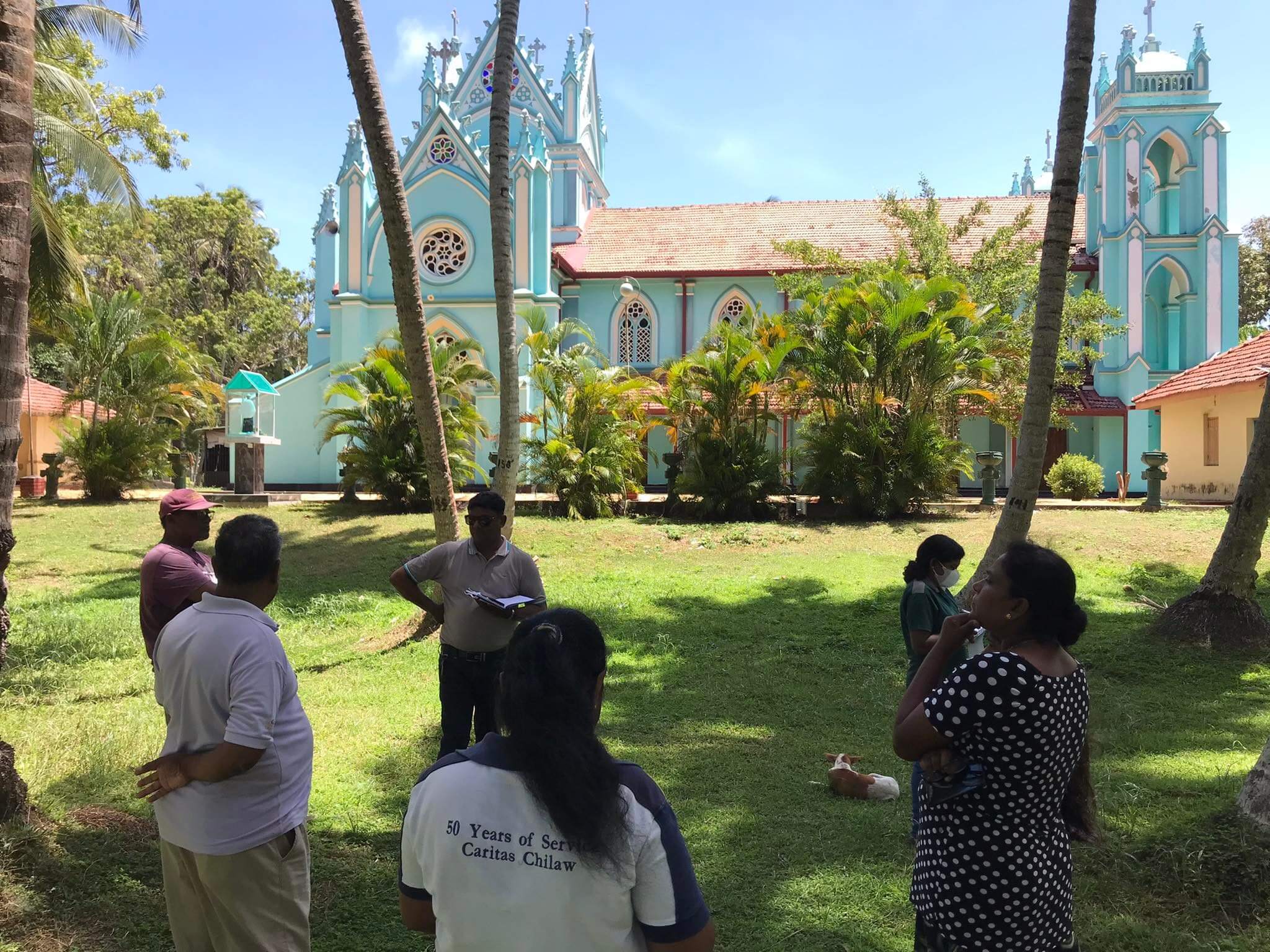
One of the most urgent environmental problems in Sri Lanka is deforestation. There was a significant and dangerous decrement in the forest areas over the years to create space for agriculture, businesses, and building lots.
Some efforts have already been made in Sri Lanka in the past decades to re-plant trees and re-forest the island. However, not all the operations were successful. Survival rates were significantly correlated with post-care, as usually plants and saplings were not followed up, or the plantation project was implemented in an unsuitable area for that specie of tree.
The most critical consequences of deforestation and forest degradation are the loss of traditional biodiversity, irregular water supply, shortened life span of irrigation channels and reservoirs, soil erosion, and no mitigation of carbon dioxide increment. All of these lead to related consequences for human and animal lives. Along with very steep cuts in emissions, it is required to remove much more carbon dioxide from the atmosphere than at present. The more that we can do this by protecting and expanding natural carbon sinks, including forests, mangroves, seagrass meadows, and peatlands, the less we’ll need to rely on costly technologies such as carbon capture and storage.
The project of Shining Hope and its local partner, Caritas Chilaw Janasawyia Sedec, will be implemented in the North Western Province, Puttalam District. The management team will involve specialists in the field and the Government to select the most adaptive types of tree samples for this particular area, focusing on the indigenous, resistant, and highly qualitative (in terms of oxygen production and release) trees.
The project aims to fight deforestation, recover the biodiversity of the North Western Province, enhance actions to fight back CO2 emissions, and increase people’s awareness about environmental protection and conservation. Shining Hope and its local partner will be focusing on different methodologies to achieve the goals, including community involvement and an educational approach. Around 120 groups of young people and children will be invited to get involved in reforestation activities and environmental training to learn about waste management, reforestation, climate change, recycling, and the importance of reducing pollution. Some youth leaders will be instructed on creating a media steering committee in charge of using social media to share information about the project and educate masses on the environmental issues.
At least 19,200 trees and plants will be planted in different areas of the North Western Province in Sri Lanka, made up of 12 types of traditional indigenous trees (e.g. Arjun, Pongame oiltree, Butter Tree, Bidi leaf tree). This project is about giving Sri Lanka a chance to recover from decades of deforestation, find a way to counter carbon dioxide emissions, and raise awareness in the local communities.
More about this project
Donate here!
How much do you want to donate?
A Green Breathing Hope for Sri Lanka
See more projects
See more projects

